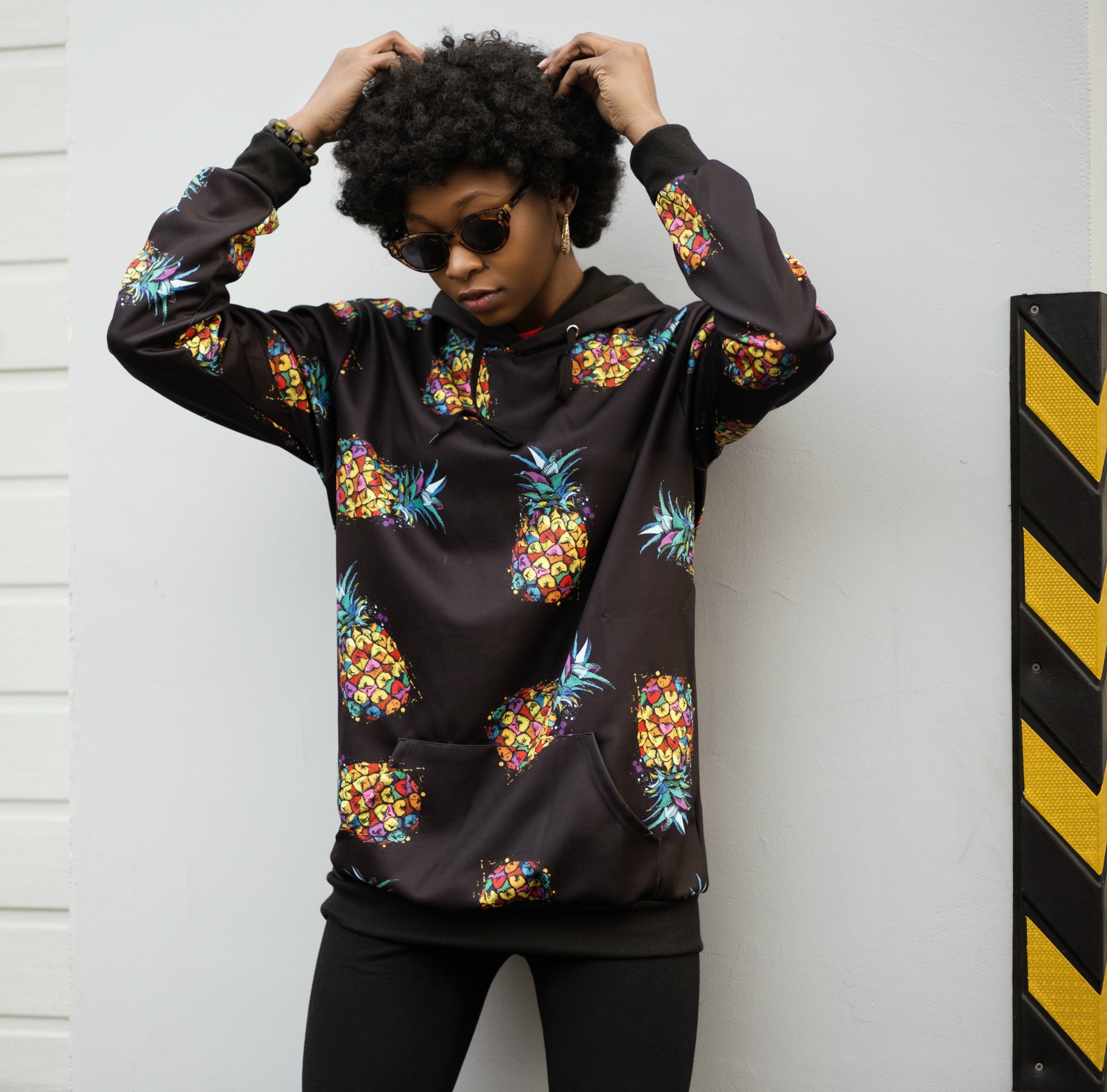Effective Combing Techniques For Natural Hair - 5 minutes read
At some point in their lives, every ‘naturalista’ must have had to deal with tangled and stiff hair. While some people have discovered their magic hair regimen, many others still struggle with a variety of natural haircare issues, one of which is painless combing. Given, combing natural hair can be difficult, especially if you don’t know how to go about it. Fortunately, there are a few things you can do to make your natural hair combable and pain-free. The full and stubborn strands of black afro hair have always been known.
When Lil Wayne sang “…tougher than Nigerian hair…”, he was referring to this. For years, black women and girls with natural hair have dreaded the detangling process in the morning. It’s all down to the genes!

Photo: Godisable Jacob | Pexels
It may be comforting to know that you do not need to comb your hair every day or as frequently as we were taught as young girls. The magic is in simply detangling the knots with your fingers using a technique known as finger combing. Finger combing makes it easier to find and tackle knots, but it takes a little longer. Personally, I’d prefer to spend more time combing than to suffer through the pain of actually combing. If you’re looking for a reason to do more finger combing and less real combing, here’s one: According to The Natural Haven Bloom, “the more times you comb your hair, the more physical stress you apply to it, and thus, the more likely it is to break.” However, if you absolutely must comb your hair, there are a few things you can do to make it as easy and painless as possible.
How To Comb Your Natural Hair Without Hurting It
Understand Your Hair Type
Many of us ignore this and end up using products on our hair that aren’t appropriate for our hair type. If your hair is dry, for example, it will require additional attention. If you have straight hair, you may not require much oil. Essential oils are also your friends if you have curly hair that is prone to shrinkage. Study your hair type, then do some research to find out what products are best for it, and then use those to feed your hair. The softer your hair, the easier it is to comb, and the more natural hairstyles you can experiment with.
Note: Hair type changes as a result of environmental factors such as weather, diet, and age.
Maintain Your Hair’s Hydration
Aside from drinking plenty of water, which is highly recommended, steaming your hair will hydrate it and make it easier to comb. This is due to the fact that water easily penetrates the hair, and damp hair is easier to manage.
Deep Conditioning Will Make You Fall In Love
Deep conditioning the scalp and hair is recommended by almost every successful naturalista. Some even go so far as to say that’s all you need to comb your natural hair without difficulty. It’s best to use a deep conditioner that contains coconut oil, olive oil, or avocado, as these oils penetrate the hair shaft deeply. Apply the conditioner with your fingers from the scalp to the ends, then cover with a shower cap. Reduce the heat to low and leave for at least 40 minutes. This procedure should be repeated frequently because, like working out, repairing damaged hair and improving hair texture takes time.
Hair Should Not Be Washed In Hot Water
After deep conditioning, rinse the hair with lukewarm or cool water to keep the shine and moisture. Both healthy and damaged hair are damaged by hot water, which causes more harm than good. Washing your hair too much, especially with hot water, can strip it of its natural oils.
Lot Of Protein
If your hair is still difficult to comb after deep conditioning, you may require protein. Protein is well known for repairing damaged tissues and promoting growth, but it should be used sparingly. The better the protein source, the more natural it is. Choose products with mayonnaise and amino acids as ingredients. Better yet, go to the salon for a protein treatment once every 8 weeks, as doing so more frequently can cause hair damage.
Natural Hair Care Tidbits:
Avoid combing completely dry hair; damp (but not wet) hair is preferable. It’s also a good idea to use a leave-in conditioner while combing to help with slippage.
Section the hair and comb from the ends to the roots, working your way up. This method reduces the likelihood of excessive breakage.
If your hair begins to dry out while combing, use a spray bottle to add moisture.
To protect your hair while sleeping, wear a silk or satin hair bonnet.
Stop using any product that leaves your hair feeling rough after use.
Featured image: TUBARONES PHOTOGRAPHY | Pexels